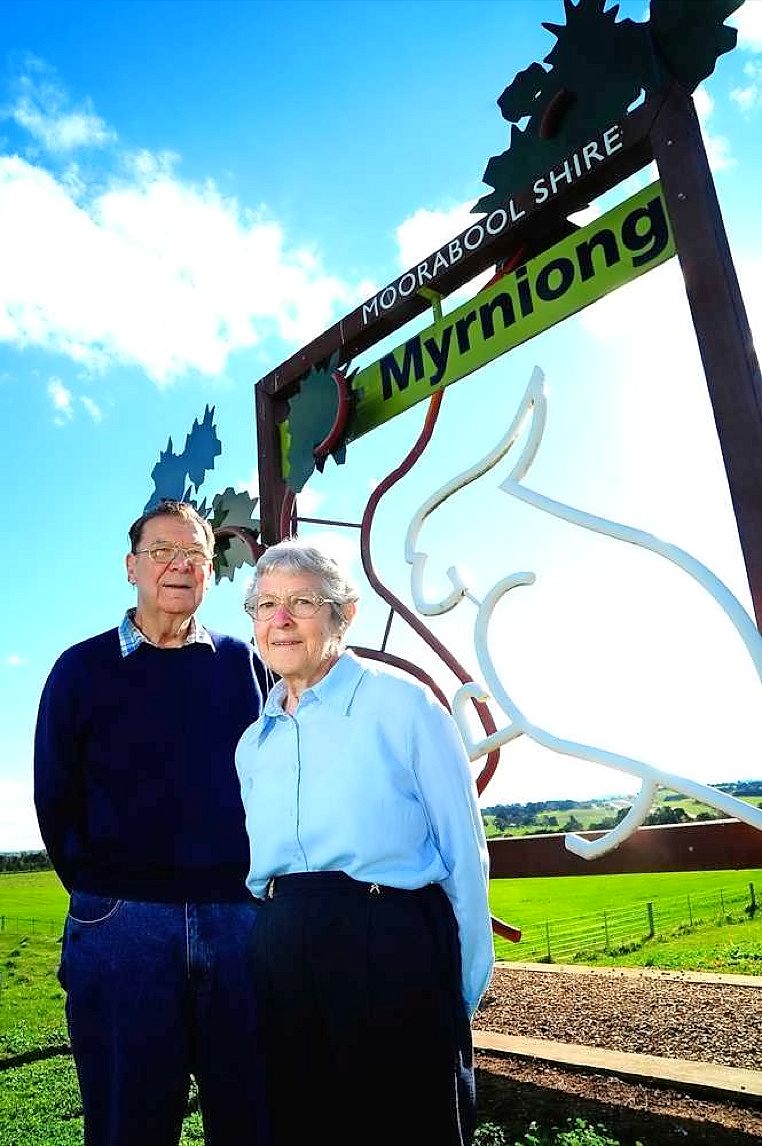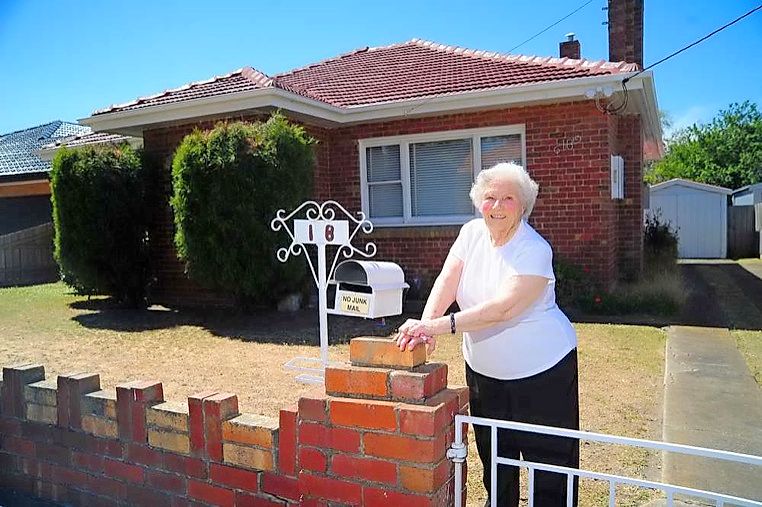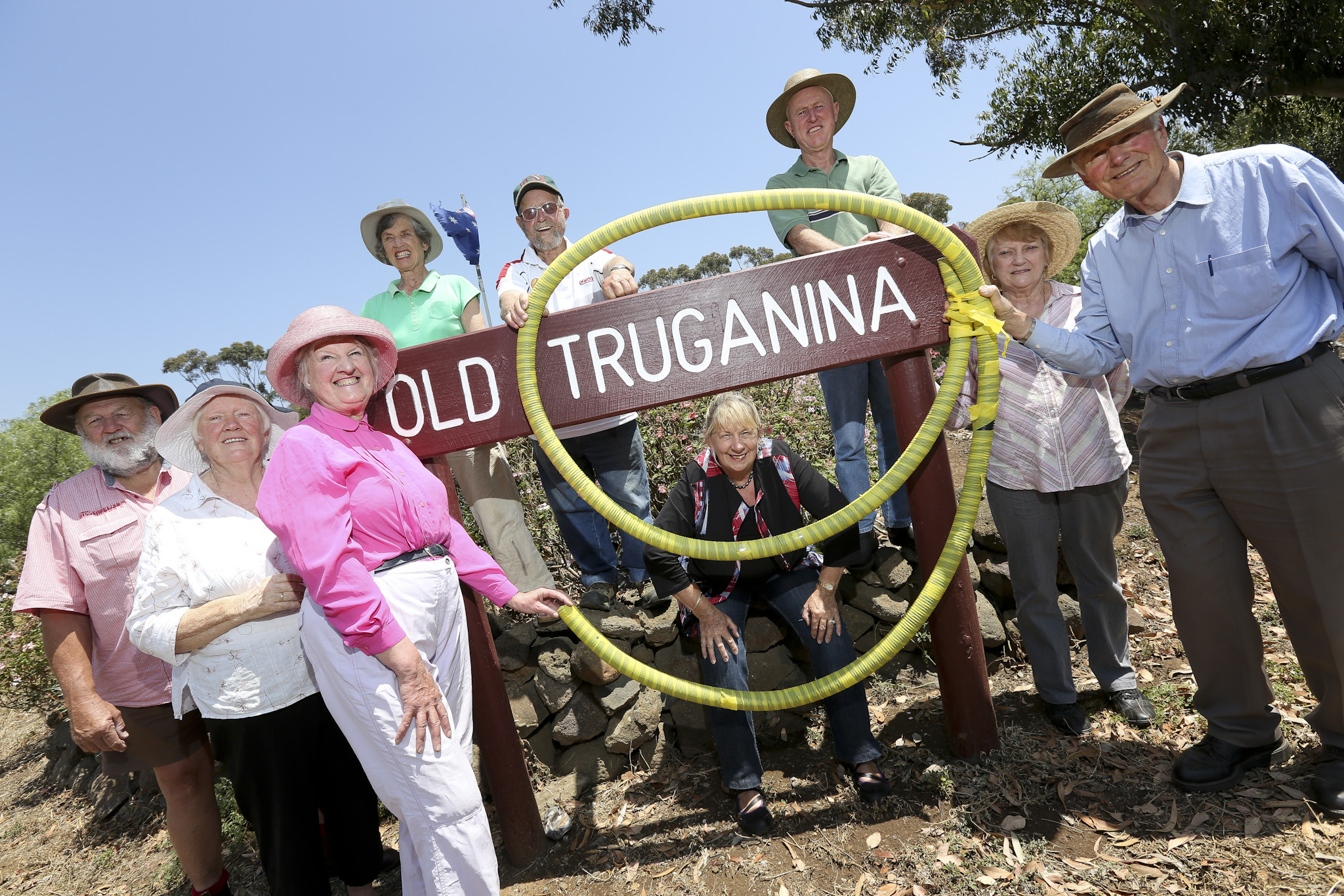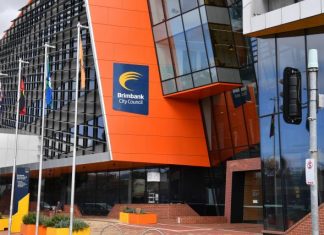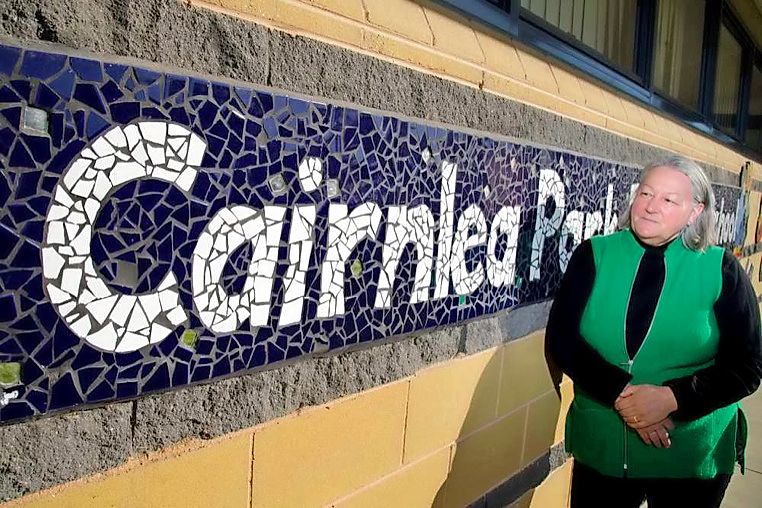
Names are tricky … and prominent Australian linguist and current Chair of Linguistics at Monash University Professor Kate Burridge is one of the first to admit this.
Despite Australia’s relatively short history, the way we pronounce the names of some Victorian suburbs has changed since they were first nominated and assigned a post office in the mid to late 19th century.
“Pronunciation [of words will change] spectacularly over time,” Professor Burridge says.
“Often sounds will drop off at the end.
“Typically words get shorter, and names can do that dramatically. What happens is frequently [used] words shorten strikingly.”
And, she says, there’s no definitive answer when it comes to the “correct” way to pronounce any suburb names due to the fluid nature of the English language.
“I suppose it’s not a clear-cut thing. Things change and will always change.”
She says snobbery can be attached to certain pronunciations – such as Reser-VOIR, pronounced with a French inflection, as opposed to Reser-VOR – for the area known for its three water reservoirs; while the way a person says Lalor can reveal their age or how new they are to the area.
Star Weekly has delved into the history of suburb names in Melbourne’s north and west that people often bumble over, fight about, say incorrectly or, after taking a look at the spelling, are too downright scared to say aloud at all.
CAIRNLEA – Long-serving Cairnlea Park Primary School teacher Margaret Connelly says Cairnlea is a Scottish Gaelic word and should be pronounced as native speakers would say it, which is the same way Australians say the tropical north Queensland city ‘Cairns’.
She says the name has its origins in the Scottish word for a pile of rocks – a cairn – in reference to the cairn on the corner of Station Street and Ballarat Road, which was built to commemorate the centenary of the Hamilton Hume and William Hovell expedition to find new grazing land for the young colony. This passed through Deer Park in 1824. According to Sunshine and District Historical Society, ‘lea’ refers to a paddock.
Ms Connelly, the school’s literacy coach, says the suburb should be pronounced CAIRN-lea not CARN-lea.
“It’s not phonetically correct to say CARN-lea,” Ms Connelly points out.

LALOR – The northern suburb of Lalor was named after Eureka stockade leader and politician Peter Lalor, whose surname was pronounced LAW-ler. Mr Lalor migrated to Australia in 1852 and headed straight to the goldfields. He rallied thousands to fight for the rights and liberties of diggers and spearheaded the infamous Eureka Stockade uprising in 1854, and later continued his fight for the working class in the Victorian Upper House.
The Peter Lalor Co-operative Housing Society was named in his honour. The society was formed in 1947 and was made up of ex-servicemen who built 900 homes on land north of Thomastown – today’s Lalor – to address Victoria’s severe housing shortage and rampant building costs following the war.
Annie MacKenzie’s husband George was part of the co-operative and built their brick home in Middleton Street where she continues to live today. The 92-year-old gets frustrated when people say LAY-lor because she feels it is disrespectful to the hundreds of soldiers who fought for this country during the war and built much of the suburb. “It was named after Peter Lalor, the man who gave us an eight-hour working day.”

TRUGANINA – Honorary secretary of the Truganina Progress Association Wendy Bitans says Truganina is named after an indigenous woman called Truganini. But, she says, the name isn’t pronounced phonetically, it’s Truga-NINE-a, not Truga-Neena as most people tend to say.
“When people say it like that it makes it an Italian name but it is actually an Aboriginal name,” she says.
ROXBURGH PARK – The Heritage Council of Victoria notes Roxburgh Park was “almost certainly” named by Thomas Brunton, a prominent flour miller and public and community office holder, president of the Royal Agricultural Society and a Member of the Legislative Council [upper house parliamentarian].
A Victorian heritage database report says Mr Brunton named his 131 hectares at 30 Whiltshire Drive after his birthplace on the Tweed River in Scotland. Brunton bred cattle, horses and Shropshire sheep at Roxburgh Park.
Hume councillor Jack Ogilvie says many people pronounce the suburb’s name Rox-BERG Park, rather than the way the Scottish town of Roxburgh is said. “I tell people, no, it’s called Rox-BROUGH Park, without the emphasis on the ‘g’.”
RIDDELLS CREEK – The first European settlers in Riddells Creek were cousins John Carre Riddell and Thomas Ferrier Hamilton in 1841, who emigrated from Scotland on the Abberton. They purchased a stock and depasturing licence of the Mount Macedon run to graze cattle.
According to the Australian National University’s National Centre of Biography, Mr Riddell’s surname, after whom the suburb was named, is pronounced “Riddle”, not “Riddell” as it appears.

MYRNIONG – Bacchus Marsh District Historical Society member Jenny Couper says Myrniong should be pronounced Mer-NE-ong. “The name is thought to be an Indigenous word meaning edible root,” she says.
COIMADAI – Ms Couper says the historical society believes the town’s name is derived from an indigenous word describing an old, male kangaroo at rest. She says it should be pronounced Com-I-da. Coimadai Primary School opened in 1862 and is still open today.


